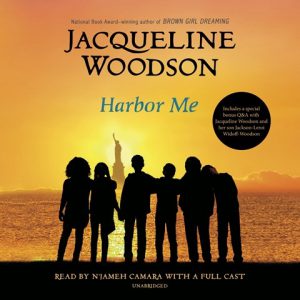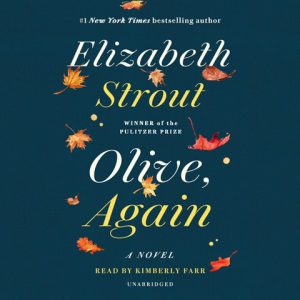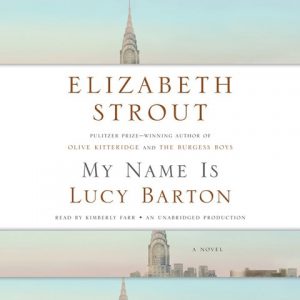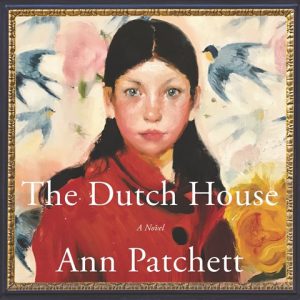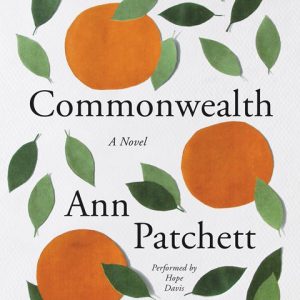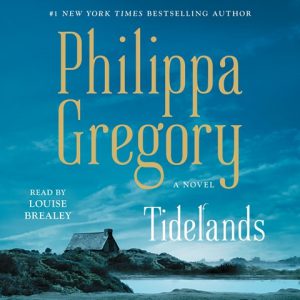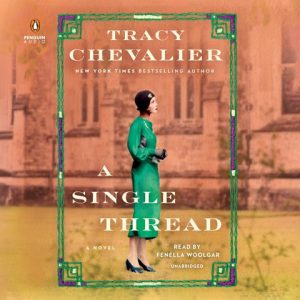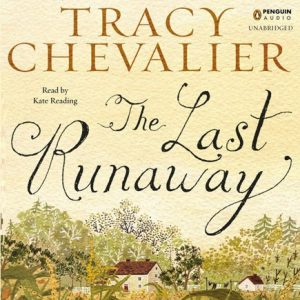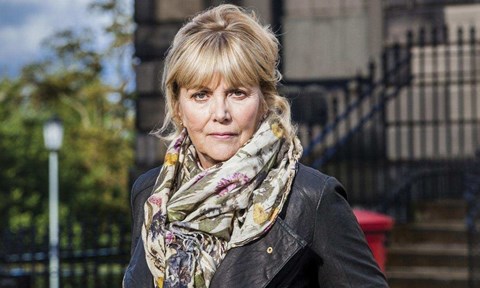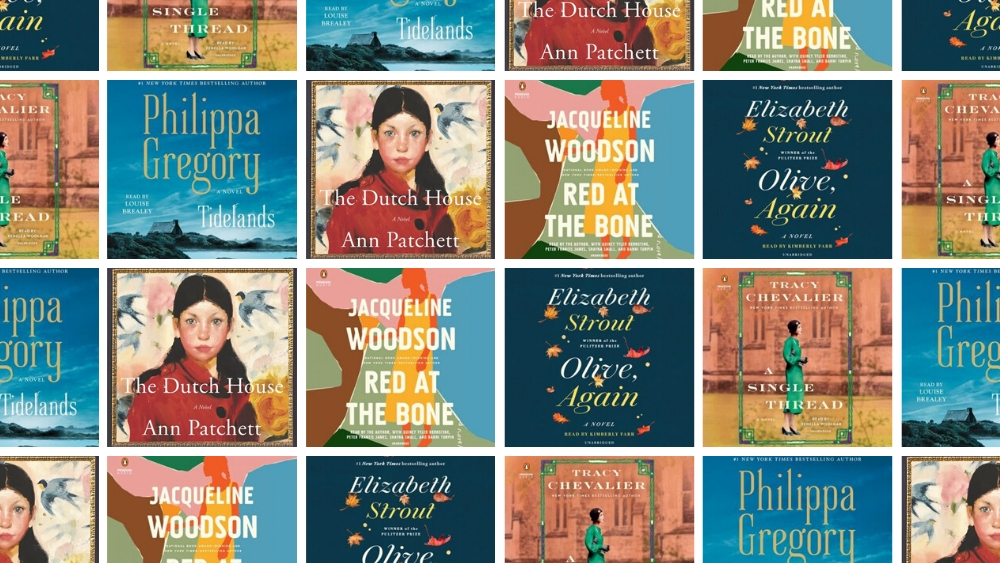
In this month of gratitude, I am celebrating new novels by five of my favorite female authors. Plus I’m giving some of their previous books a shout-out because the only thing better than five wonderful new books is five new books and five newish books. For the record, I’ll be starting at the end of the alphabet because, having spent several lifetimes waiting for Scott to be called, I feel like turning the tables.
Jacqueline Woodson’s RED AT THE BONE begins with a 16-year-old’s coming of age ceremony. She wears the dress prepared for her mother’s own such ceremony — one dress, two women, a multitude of opportunities gained and lost. A quartet of narrators, plus the author — Jacqueline Woodson, Quincy Tyler Bernstine, Peter Francis James, Shayna Small, and Bahni Turpin — won an Earphones Award for their rich voicing of this spare and emotional tale.
Woodson’s short HARBOR ME also won an Earphones Award and is read by a cast of fine narrators, including the author. N’Jameh Camara, Toshi Widoff-Woodson, Jacqueline Woodson, Jose Carrera, Dean Flanagan, Angel Romero, Mikelle Wright-Matos, and Jackson Leroi Widoff-Woodson. Though it’s classified as a children’s book, I posit that the lyrical novel is meant for anyone ready to listen to six classmates share what’s really up with them. Whoa, they so own the future.
I just finished Elizabeth Strout’s OLIVE, AGAIN, given an Earphones Award performance by Kimberly Farr, and can attest that it’s as fantastic as Strout’s previous novel about inimitable Olive Kitteridge and the other inhabitants of small town Crosby, Maine. Farr narrates like she knows the town and its quirky people and brings them hearteningly to life. P.S. Quirky is what we’re each like when we think no one is watching.
Strout’s MY NAME IS LUCY BARTON, perfectly read by Kimberly Farr, is the aching and heartfelt tale of Lucy, who’s in the hospital; her estranged mother, who’s come for a visit; and the life story they weave during a series of conversations. It’s all here so realistically that, while listening, I wanted to shush passersby for interrupting the conversation.
Ann Patchett’s THE DUTCH HOUSE is also about family, this time a brother and sister and the home they love. Narrated by Tom Hanks in a performance that matches the controlled personality of the storyteller, brother Danny, the book offers a satisfying exploration of love, loyalty, redemption, forgiveness, and what we will do to make the world the way we want it to be.
Patchett’s previous novel, COMMONWEALTH, narrated by Hope Davis, is also built around the stories we tell ourselves and others. This time it’s two families and a forbidden kiss that changes everything. Everyone has their own version of what happened then and in the years that follow. Davis gives them all voice in this sometimes funny, sometimes painful meditation on love and the ownership of truth.
Historical fiction is where I turn when I want to venture far away. Luckily, one of the best tour guides to the past, Philippa Gregory, has a new Earphones Award-winning novel on which I can stow away. Stunningly performed by Louise Brealey, TIDELANDS is set on England’s marshy coast during the 17th-century Civil War. There, herbalist Alinor encounters a disguised Catholic priest and sets herself on a collision path with the community. Extra happy news — this is the first in a new series.
Gregory’s THE LAST TUDOR also touches on the position of women in an earlier time. In this case, Lady Jane Grey, who famously was queen for nine days, as well as Catherine and Mary — each of whom tangled with the powers of the day during Tudor times. It’s been given an Earphones Award performance by Bianca Amato, who reads all of Gregory’s Tudor series. So once you finish this, you have lots more listening to look forward to.
I’ve enjoyed Tracy Chevalier since listening to her famous novel turned film GIRL WITH A PEARL EARRING (given an Earphones Award reading by Ruth Ann Phimister). Chevalier’s newest, A SINGLE THREAD, read by Fenella Woolgar, introduces us to the marvelous Violet Speedwell, one of the thousands of England’s “surplus women” made spinsters by World War I. Determined to live life no matter what, she leaves home for a fresh and surprising start.
I’ll finish with one more remarkable female character created by a remarkable female author. In Chevalier’s THE LAST RUNAWAY, we meet 19th-century Quaker Honor Bright, who sails from England to America and finds herself caught between aiding fugitive slaves and loyalty to her in-laws. Narrated by Kate Reading in an Earphones Award performance, the story is a timeless examination of what it means to do right.




